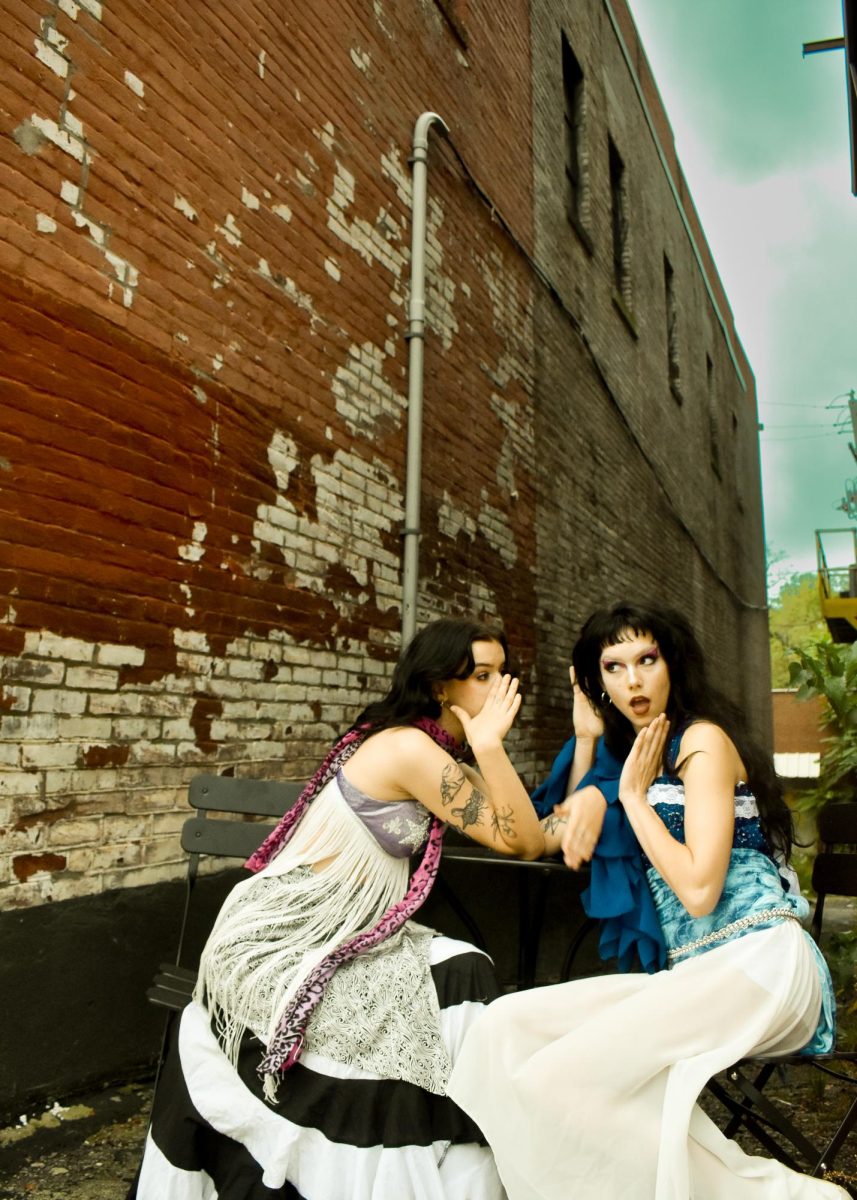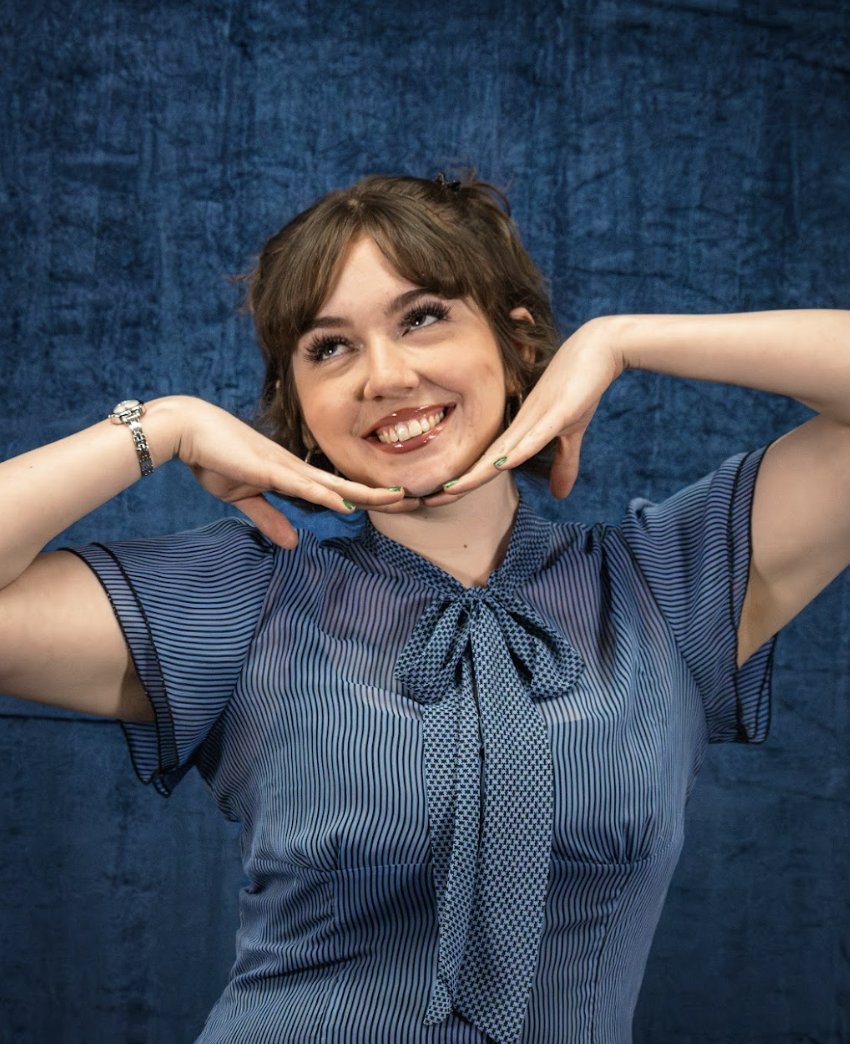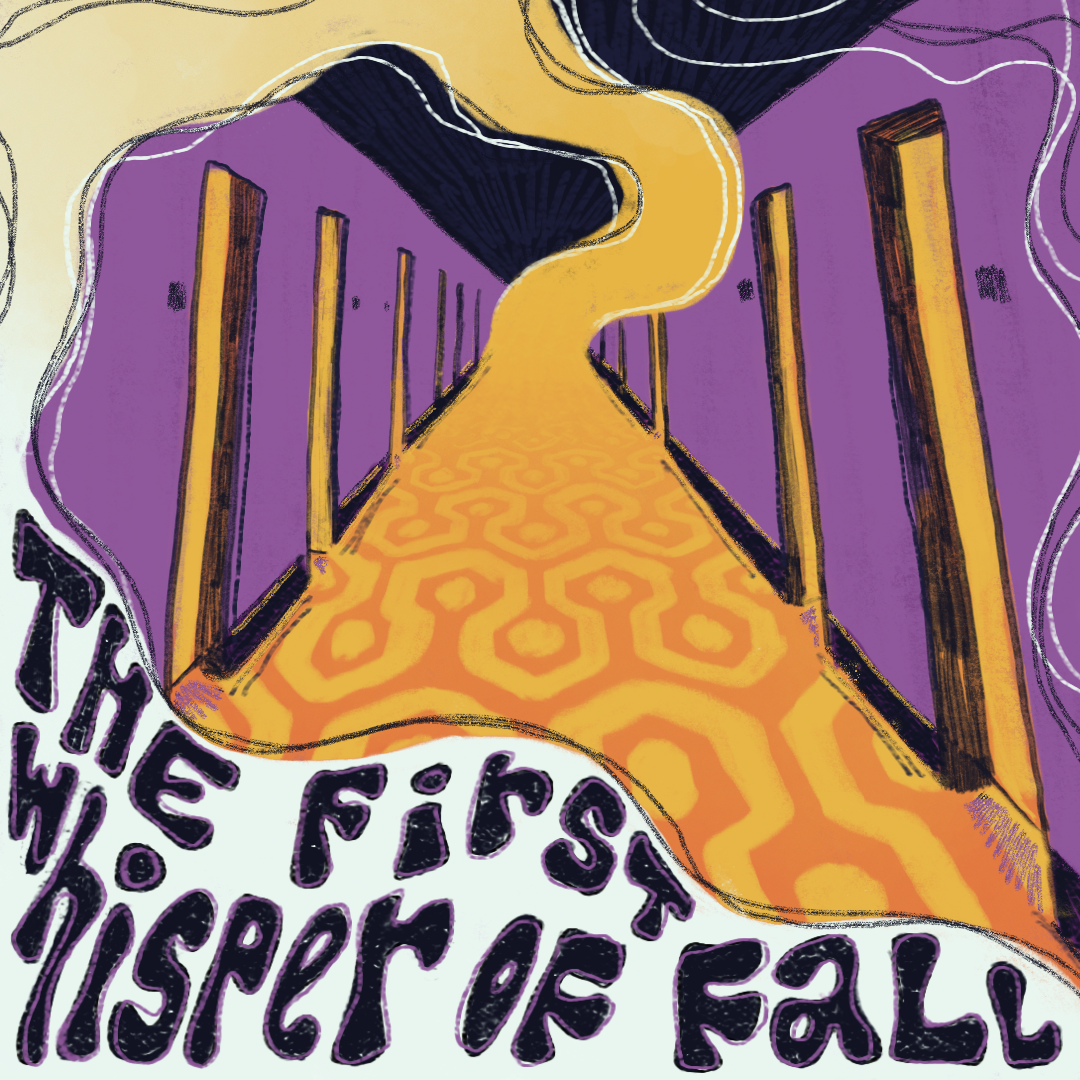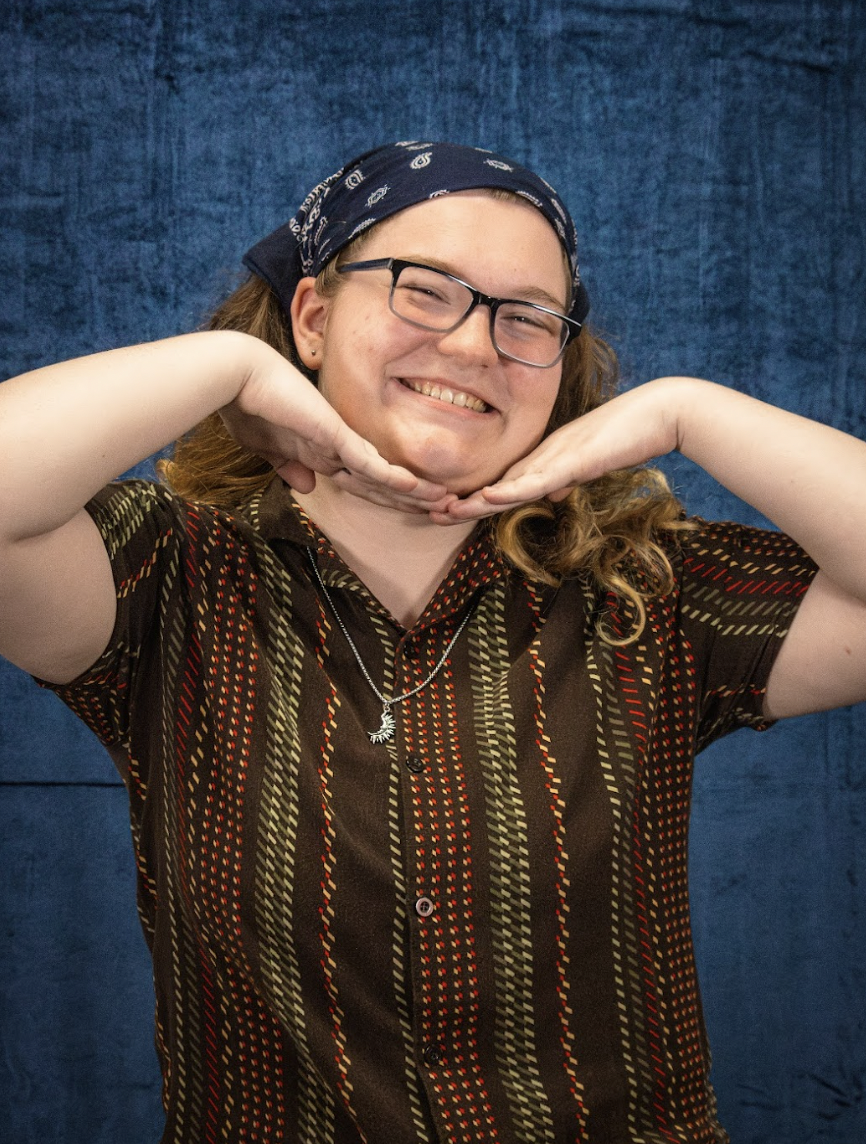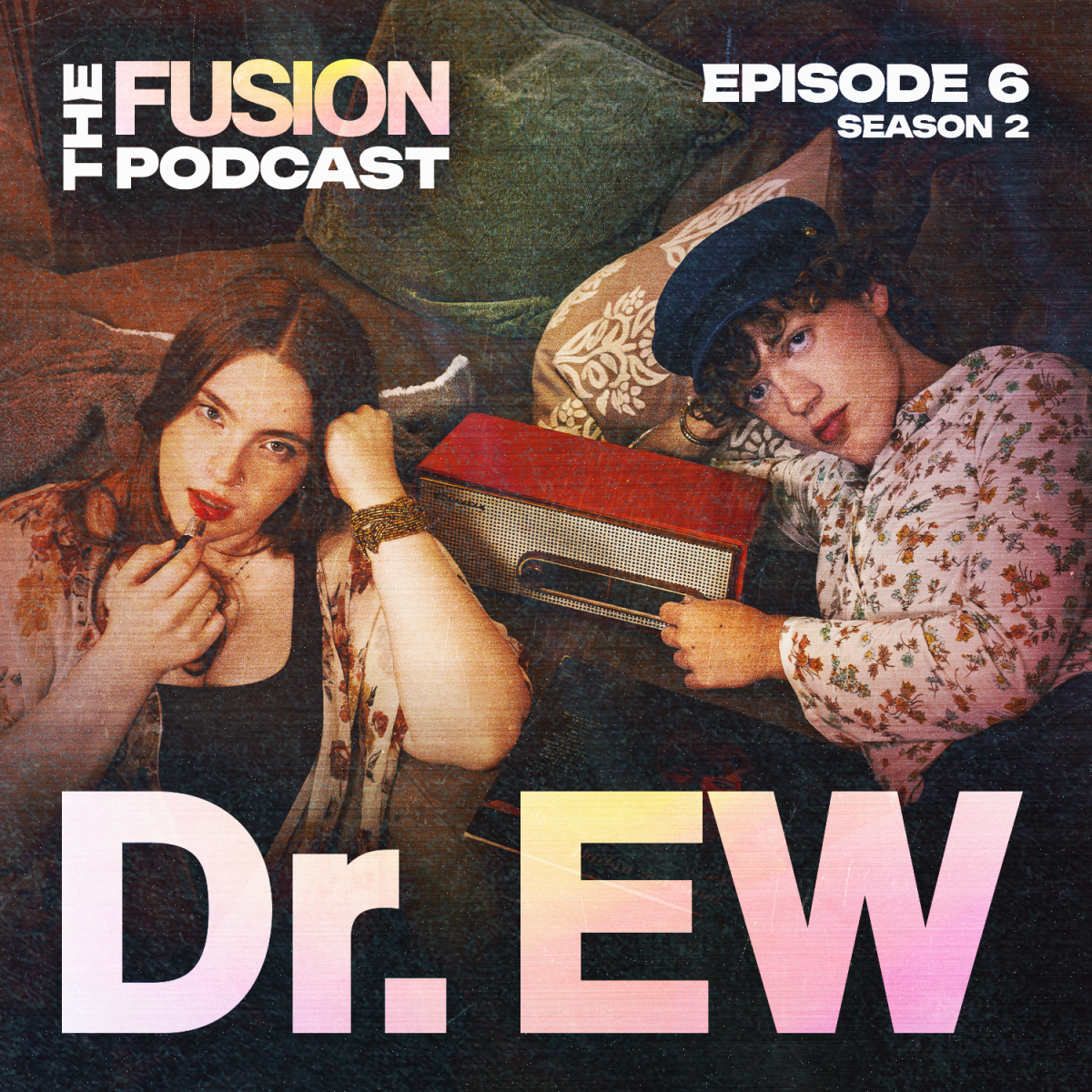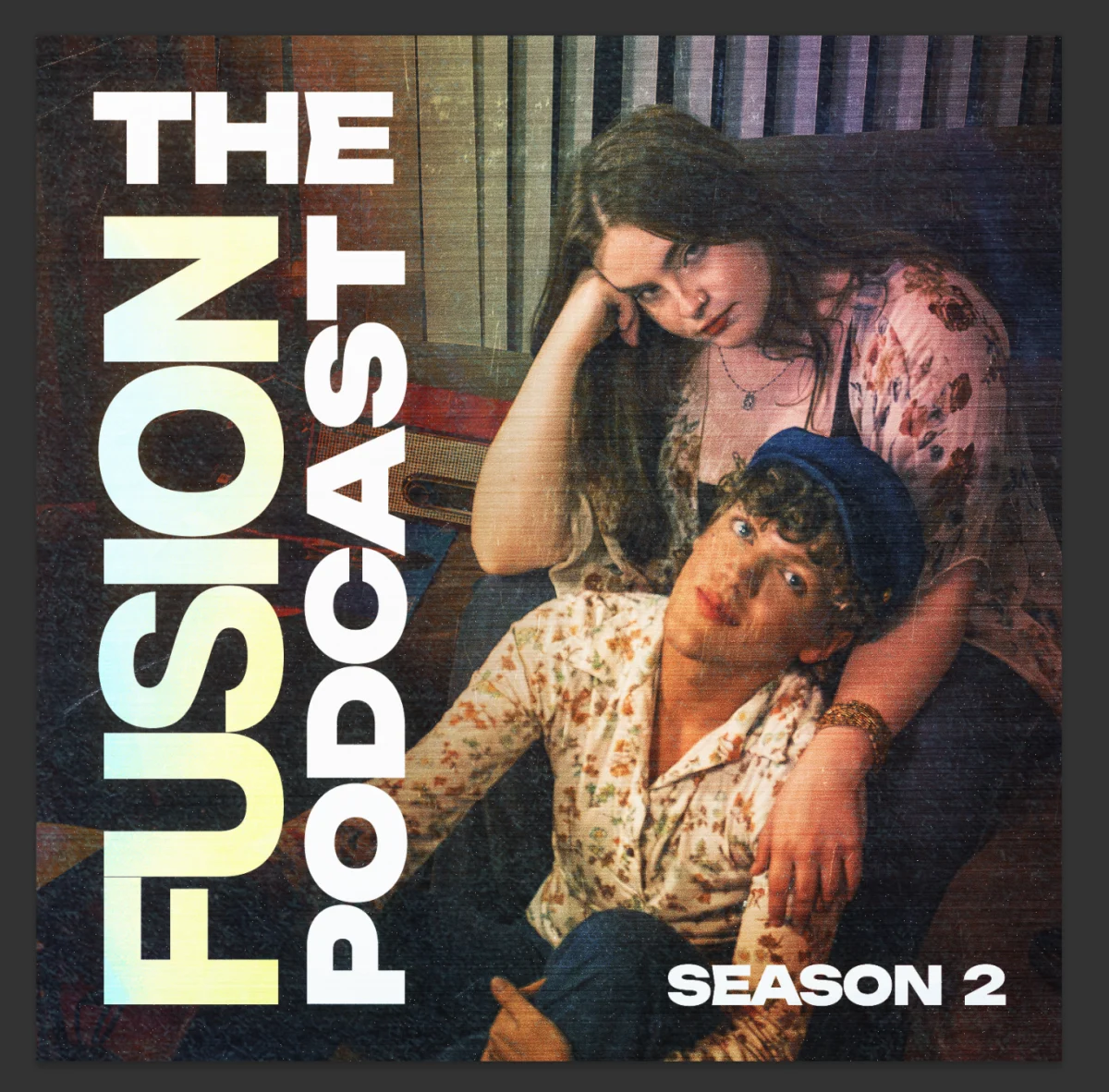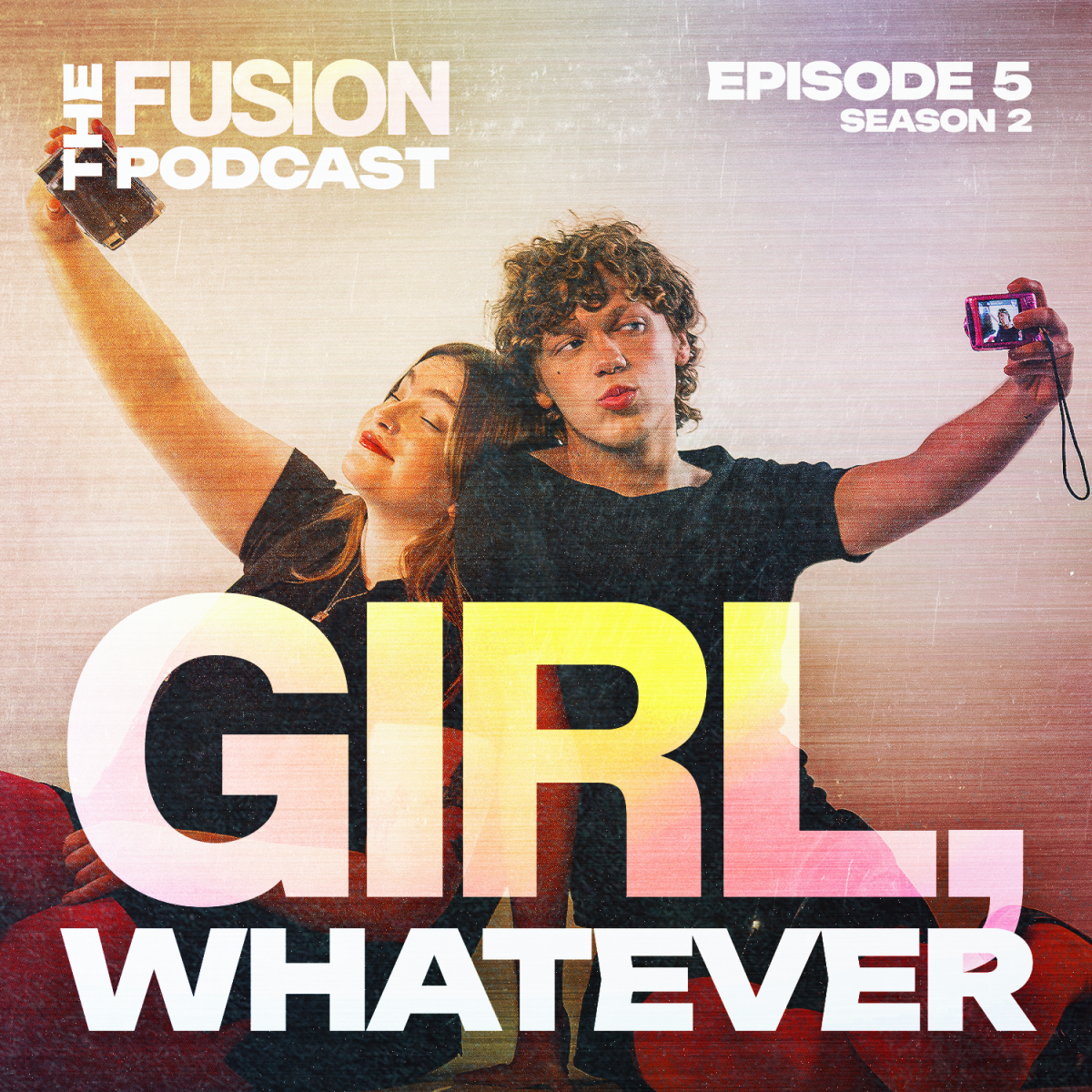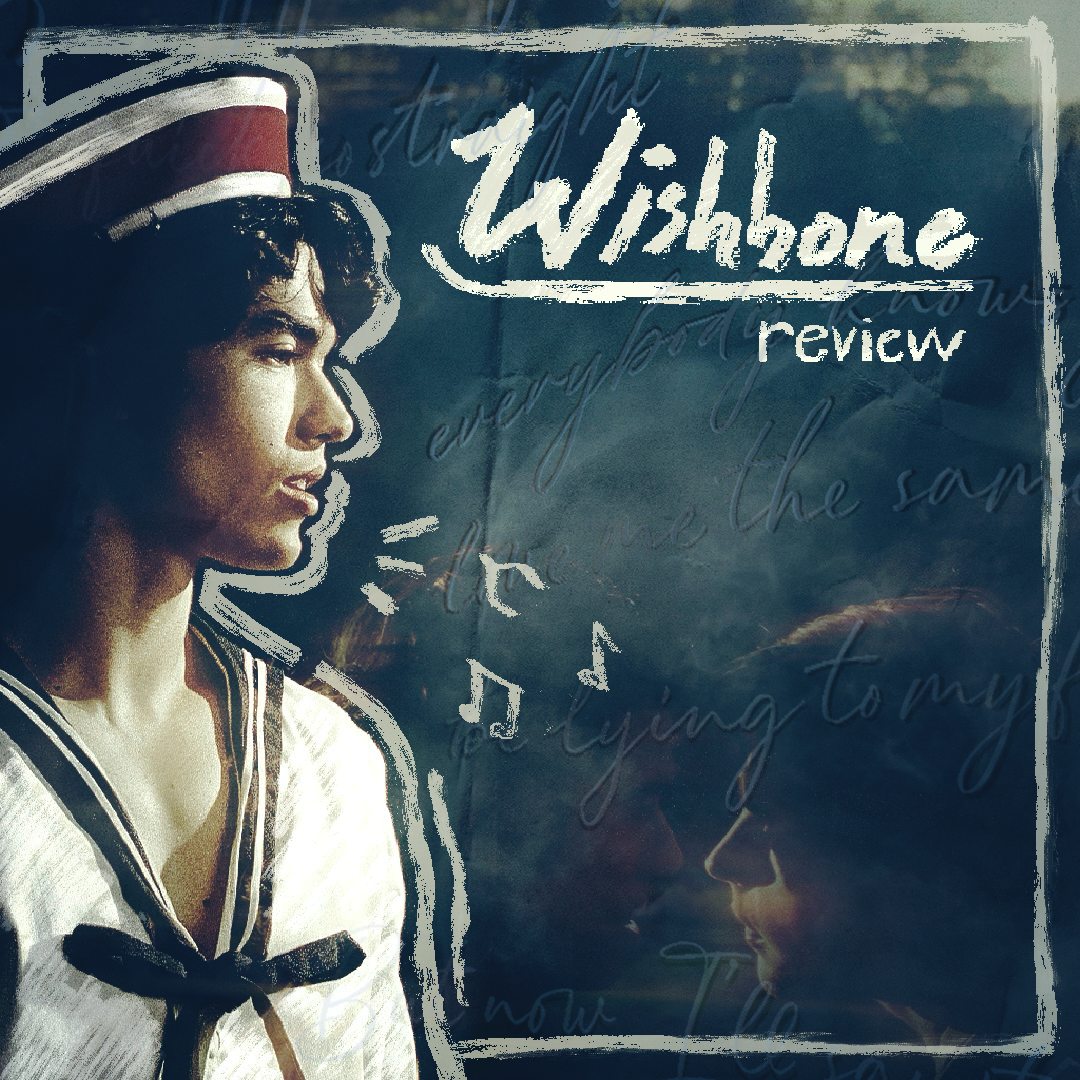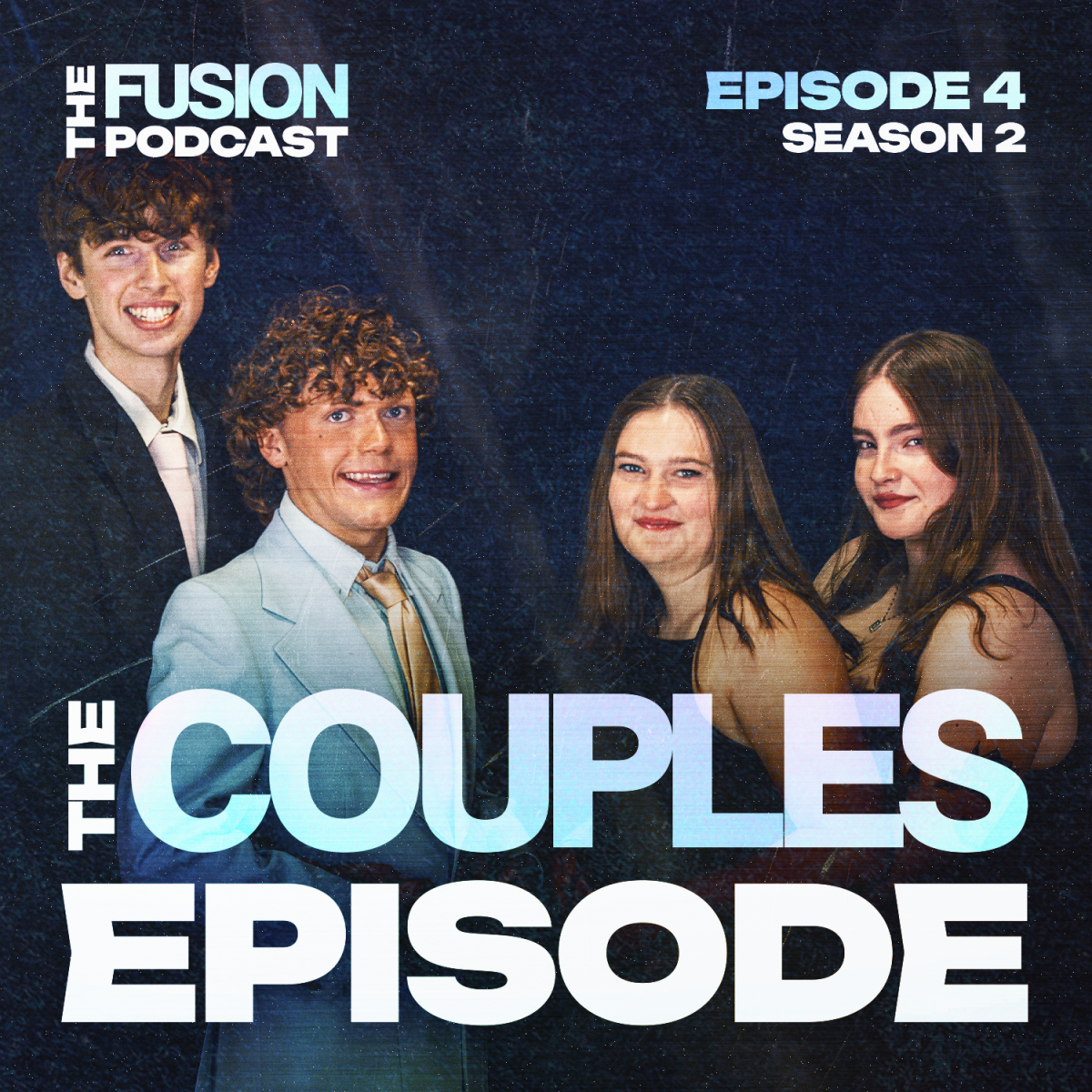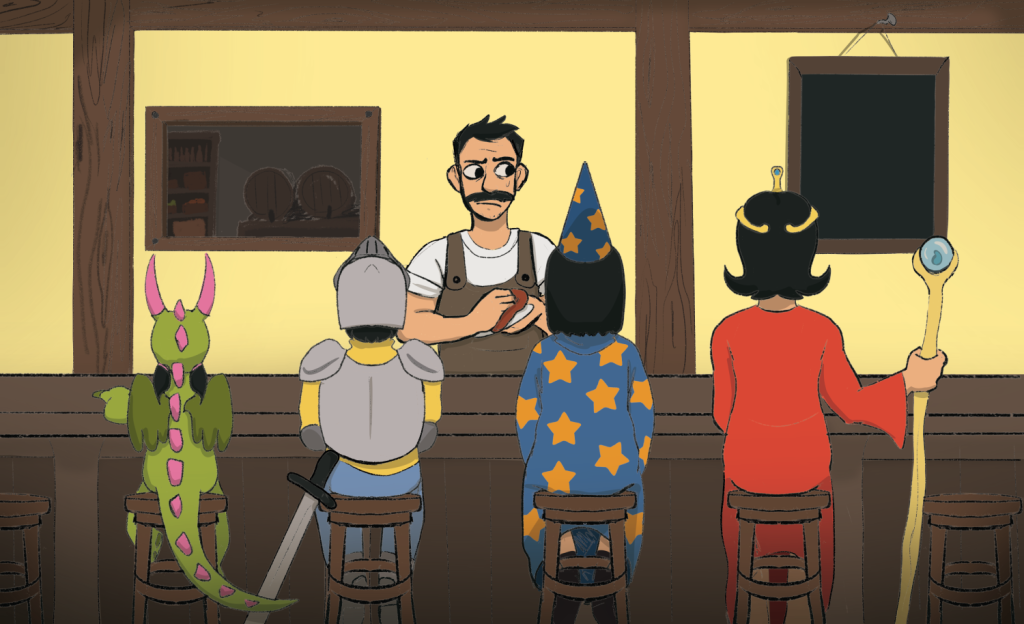Who doesn’t love a wholesome adult cartoon show? Especially one that doesn’t beat down marginalized communities for a joke. Popular adult cartoons, like “Family Guy,” tend to use these communities as a punchline, but not Bob’s Burgers. Which is why so many queer individuals find comfort in the show.
Bob’s Burgers embraces marginalized communities, specifically the LGBTQ+ community, and you can see this through the way they write their characters. Kaylee Hunt, a Public Communications major at Kent State University, said she felt all of the characters in the show are queer-coded.
While the main characters have never been openly labeled as queer, they all have queer tendencies. Delia Brennan, a Kent State University alum, said that the show’s acceptance of the LGBTQ+ community really helped them feel comfortable with their own queerness.
They felt that “the little validation of all the characters kind of queerness; weirdness; quirkiness,” gave them a sense of validation while growing up as a queer individual.
Many of the secondary characters on the show are openly a part of the LGBTQ+ community. They may not be the center of the show, but they are an important detail in the inclusivity on the show.
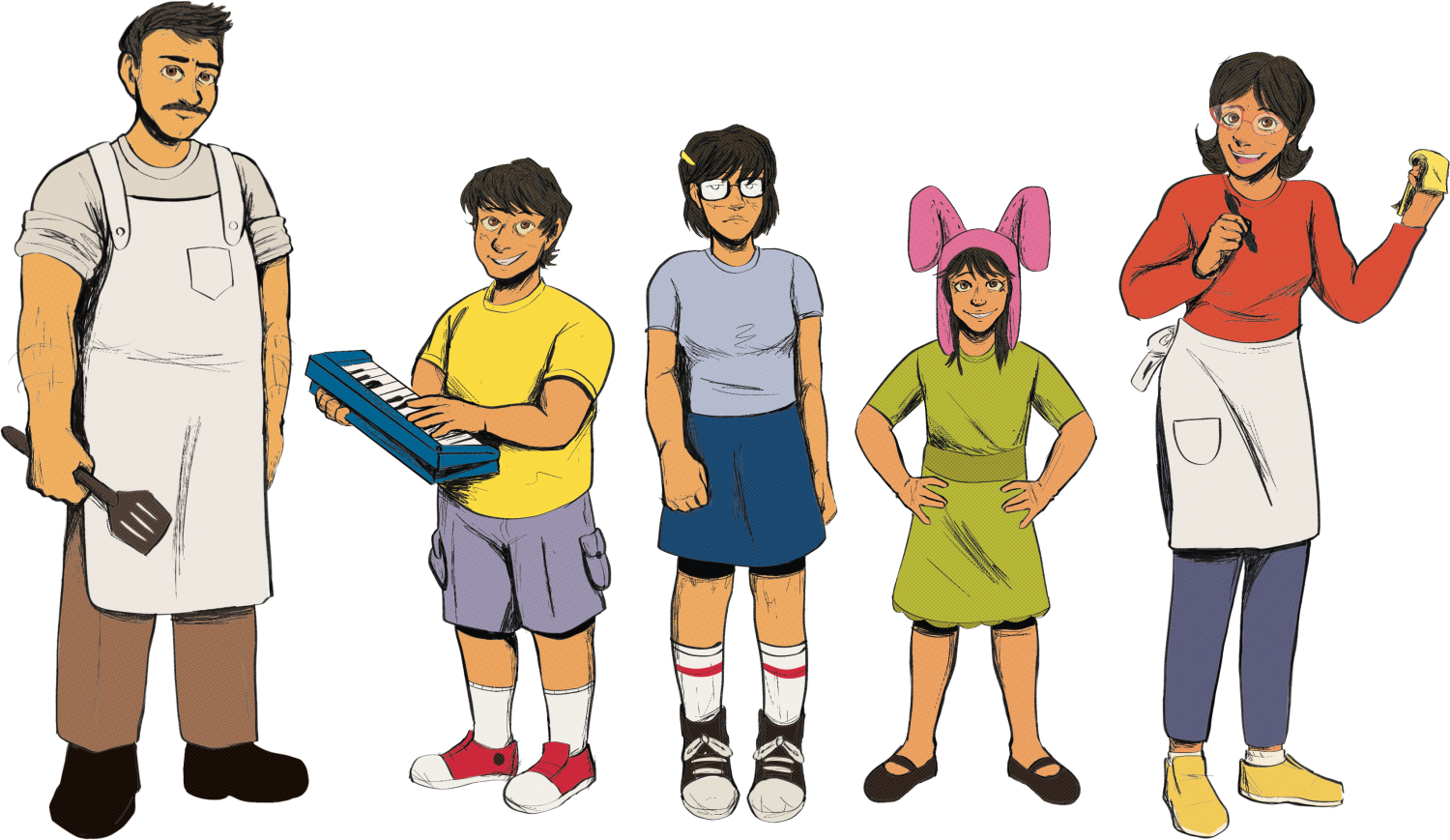
Comic Book Resources said secondary characters “often don’t play key roles, which is arguably more important than if they were one of the showrunners, as it helps normalize the reality that members of the LGBTQ community are parts of daily life — both in the world of ‘Bob’s Burgers’ and in the real world.”
The show positively represents a lot of people within the LGBTQ+ community, including those who identify as transgender. Jenn Noga, a senior Communication Studies major at Kent State University, wrote, “I know that a lot of queer people watch this show, and the show writers have handled the topic of trans characters really well.”
One of the most popular side characters in the show, Marshmallow, is a Black trans woman. In past years, the show has been under scrutiny because they had a cisgender white man voice this character.
Loren Bouchard, the creator of Bob’s Burgers, recently did right by the character and hired Jari Jones, a Black trans woman, to voice this character. In Bouchard’s statement, he wrote, “Marshmallow is trans. Speaking for myself, I was well intentioned but ignorant when we launched that character. Still learning every day. Marshmallow is trans. I’m glad the Belchers are flying around somewhere in her orbit and glad @IAmJariJones agreed to loan M her voice.”
The response to his statement was met with excitement and positivity on X (formerly known as Twitter), with one fan replying, “Thank you. This show has been a safe place for all kinds of people. It’s why I watch over and over and over. In the Bob’s world, everyone takes everyone else just as they are. I wish the world was as wonderful a place.”
Noga, along with many other fans, feel that this a positive change for the show, “I think that it’s great to give a trans actor this kind of opportunity, especially since Hollywood and the industry is very transphobic…though I doubt that the fan base would be up in arms about this change, certain groups online may catch wind of this and have issues and I hope that the Bob’s Burgers team protects this voice actor from transphobes.”
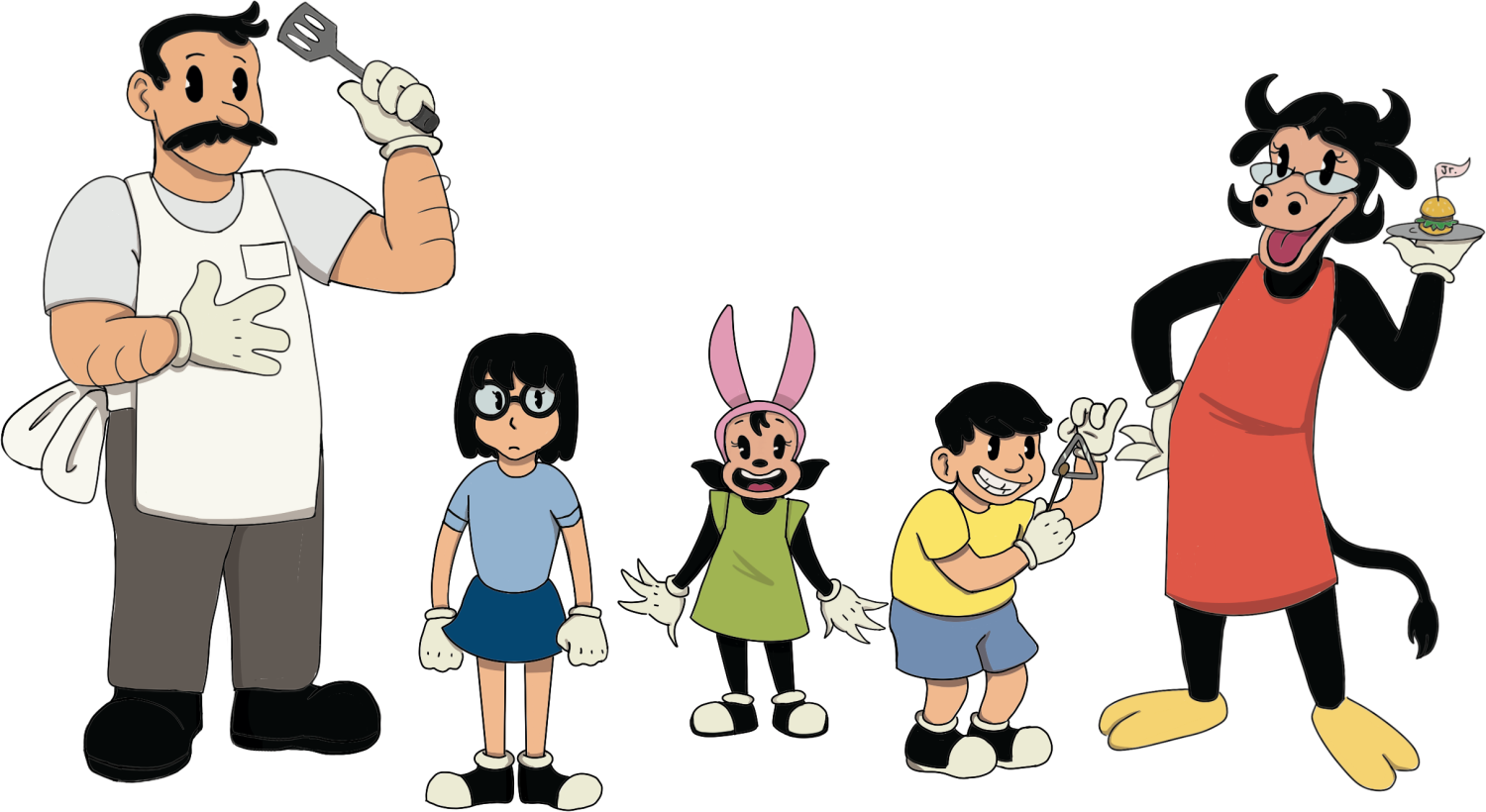 Aside from the astounding positive representation of the LGBTQ+ community, there is also an overall sense of comfort or relatability in the show because there is a character for everyone to relate to. Elly Ratliff, a junior Art Education major at Kent State University, wrote, “I relate most to Gene just because he’s a silly little music freak.”
Aside from the astounding positive representation of the LGBTQ+ community, there is also an overall sense of comfort or relatability in the show because there is a character for everyone to relate to. Elly Ratliff, a junior Art Education major at Kent State University, wrote, “I relate most to Gene just because he’s a silly little music freak.”
Brennan felt like they could see a lot of themselves in Linda, as well as Louise. “I also feel like Louise in the way that she’s really hardened but then soft.”
Similarly, Hunt relates to Linda, but feels that Tina speaks to her teenage self. “I really identify a lot in ways, my teenage self with Tina, you know, I think like the whole fanfiction and the world she creates in her mind. I think that – I don’t know – in my mind, fanfiction kind of belongs to the LGBTQ community. It’s for everybody, but I think that we like it the most.” Hunt is referring to Tina’s constant fantasy’s in the show. Whether it be about boys or horses, Tina always seems to be in her own made up world.
Overall, this show has a lot to offer the LGBTQ+ community. Not only is it a show that normalizes and accepts the LGBTQ+ community, but it also offers characters that embrace their quirks, which allows queer people to relate and feel accepted by the show.

